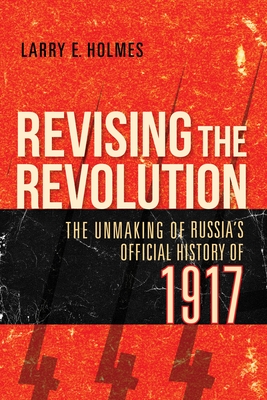Expedite your nonfiction book discovery process with Readara interviews, summaries and recommendations, Broaden your knowledge and gain insights from leading experts and scholars
In-depth, hour-long interviews with notable nonfiction authors, Gain new perspectives and ideas from the writer’s expertise and research, Valuable resource for readers and researchers
Optimize your book discovery process, Four-to eight-page summaries prepared by subject matter experts, Quickly review the book’s central messages and range of content
Books are handpicked covering a wide range of important categories and topics, Selected authors are subject experts, field professionals, or distinguished academics
Our editorial team includes books offering insights, unique views and researched-narratives in categories, Trade shows and book fairs, Book signings and in person author talks,Webinars and online events
Connect with editors and designers,Discover PR & marketing services providers, Source printers and related service providers

Revising the Revolution: The Unmaking of Russia's Official History of 1917
History > Russia & the Former Soviet Union
- Indiana University Press
- Paperback
- 9780253054791
- 9 X 6 X 0.5 inches
- 0.72 pounds
- History > Russia & the Former Soviet Union
- (Single Author) Asian American
- English
Readara.com
Book Description
The clash between scholarship and politics--between truth and propaganda--was ruthless for historians in Istpart, the Russian Communist Central Committee's official historical department.
Istpart was tasked with preserving the documentary record, compiling memoirs, and upholding ideological conformism within the national narrative of the 1917 revolution. In Revising the Revolution, Larry E. Holmes examines the role of Ispart's historians, both in the Moscow office and a regional branch in Viatka, who initially believed they could adhere to the traditional standards of research and simultaneously provide a history useful to the party. However, they quickly realized that the party rejected any version of history that suggested nonideological or nonpolitical sources of truth. By 1928, Istpart had largely abandoned its mission to promote scholarly work on the 1917 revolution and instead advanced the party's master narrative.
Revising the Revolution explores the battle for the Russian national narrative and the ways in which history can be used to centralize power.
Author Bio
Larry E. Holmes is a professor of history at the University of South Alabama where he has taught since 1968. During the 1992/3 academic year he lectured in Russian and Soviet History at Rostov State University in the Russian Federation.
Holmes has been the recipient of numerous awards including grants from the Kennan Institute, National Endowment for the Humanities, American Council of Teachers of Russian, and the International Research and Exchanges Board. Author of The Kremlin and the Schoolhouse: Reforming Education in Soviet Russia, 1917Ð1931, and Sotsial’naia istoriia Rossii: 1917Ð1941,
Holmes has also published articles in Slavic Review, Russian Review, History of Education Quarterly, and other scholarly forums. He lives in Mobile, AL.
Source: University of Pittsburgh Press
Videos
No Videos
Community reviews
No Community reviews

